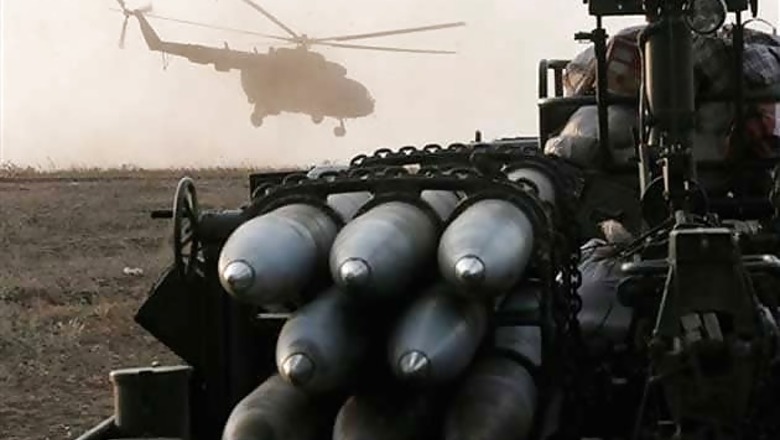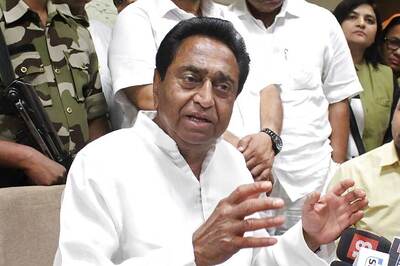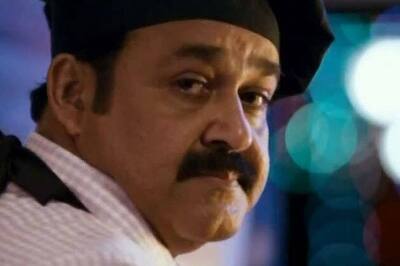
views
Kiev: Ukrainian forces and pro-Russian militias were due on Saturday to pull back their troops from a demilitarised zone created under a new peace plan agreed in marathon overnight talks.
A nine-point agreement thrashed out in the early hours of on Saturday in the Belarussian capital Minsk also requires the withdrawal of all "mercenaries" from the conflict zone and an immediate end to hostilities.
But Russia appeared ready to keep up the pressure on its westward-leaning neighbour by sending in a new 30-truck convoy it said was carrying aid for the rebel-held city of Donetsk, but that Ukraine never approved.
Former Ukrainian president Leonid Kuchma - who is representing Kiev in the stuttering efforts to resolve the five-month conflict - said the agreement rested on the creation of a 30-kilometre (19-mile) buffer zone.
Forces from both sides are required to retreat 15 kilometres from current frontlines within 24 hours of the signing of the accord and allow monitors from the OSCE pan-European security organisation into the area to make sure
the truce holds.
The areas under rebel control would be left open to their administration under a temporary self-rule plan adopted by lawmakers in Kiev on Tuesday.
The Minsk pact - also signed by Moscow's ambassador to Kiev and the self-proclaimed "prime ministers" of the rebel-run regions of Donetsk and Lugansk - aims to shore up a ceasefire deal agreed two weeks ago.
The agreement crucially requires both sides to immediately withdraw "foreign mercenaries" from the conflict zone in industrial eastern Ukraine.
Kiev and Western allies accuse Russia of clandestinely slipping at least 1,000 paratroopers into east Ukraine to help the guerrillas mount a surprise counter-offensive late last month.
The Kremlin denies ordering soldiers into Ukraine. But Moscow's Kiev envoy Mikhail Zurabov told Russian media after the signing of the Minsk deal that both sides appeared to have hired foreign mercenaries.
The sides agreed to leave the most divisive political issues for future negotiation in order to get the terms of the truce worked out first.
Donetsk separatist leader Alexander Zakharchenko stressed that the explosive question of the status of rebel-held Donetsk and Lugansk was not discussed in Minsk by mutual consent.
"We each have our own understanding of (Kiev's) law on special status," Russian media quoted Zakharchenko as saying. "These are issues for future negotiations that will last another year."



















Comments
0 comment